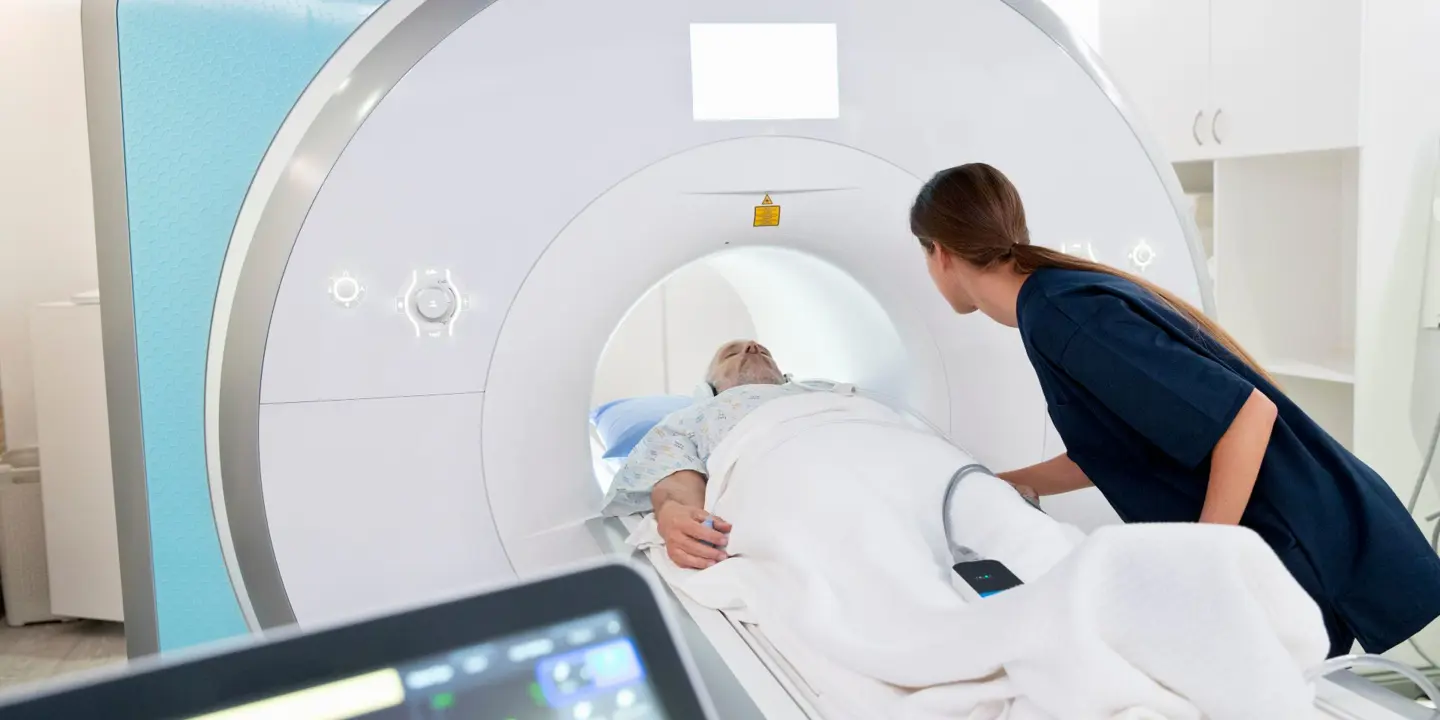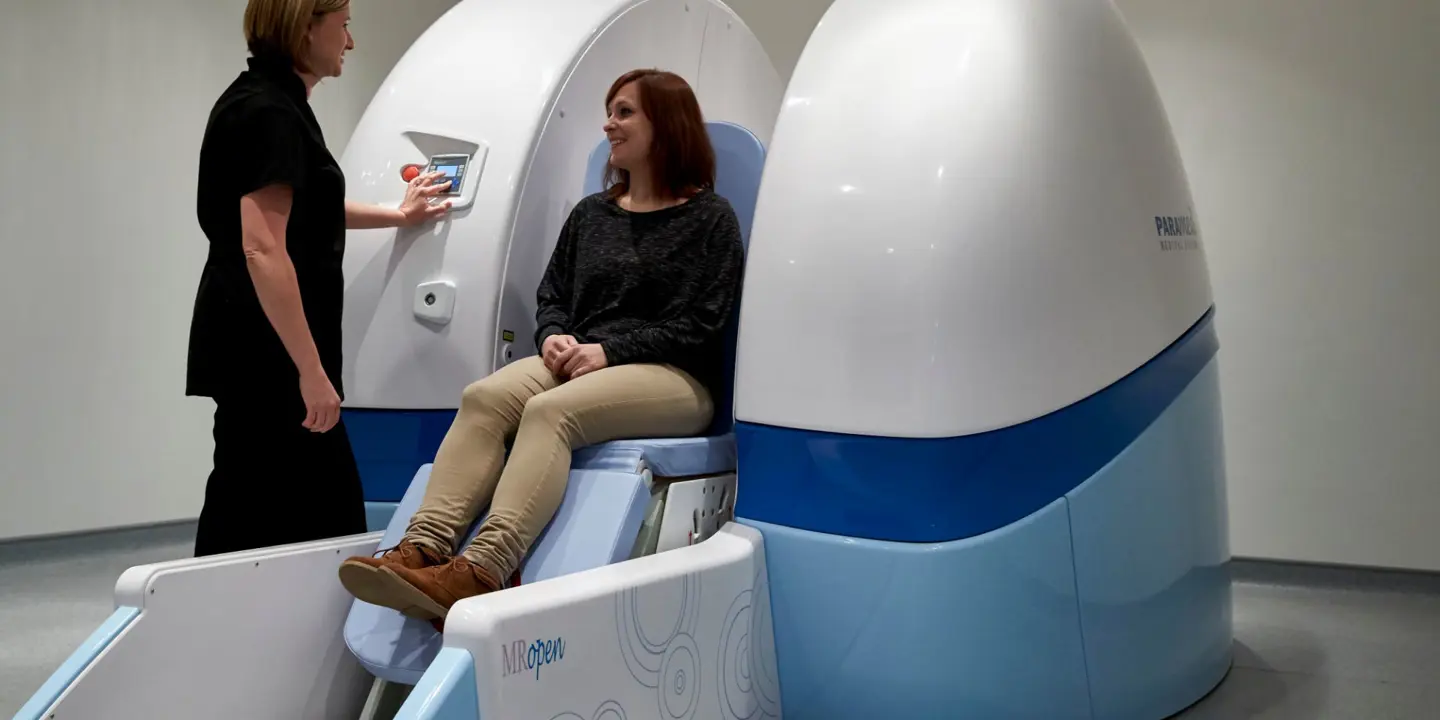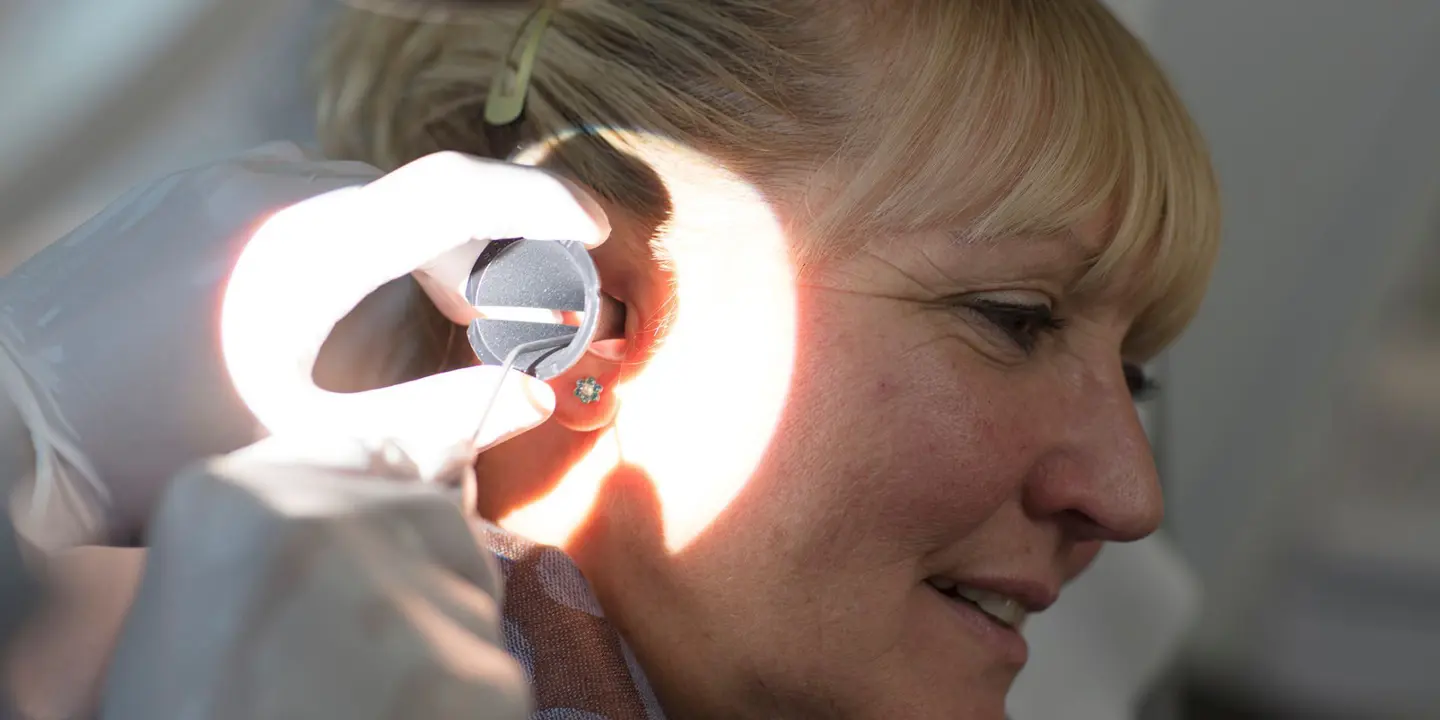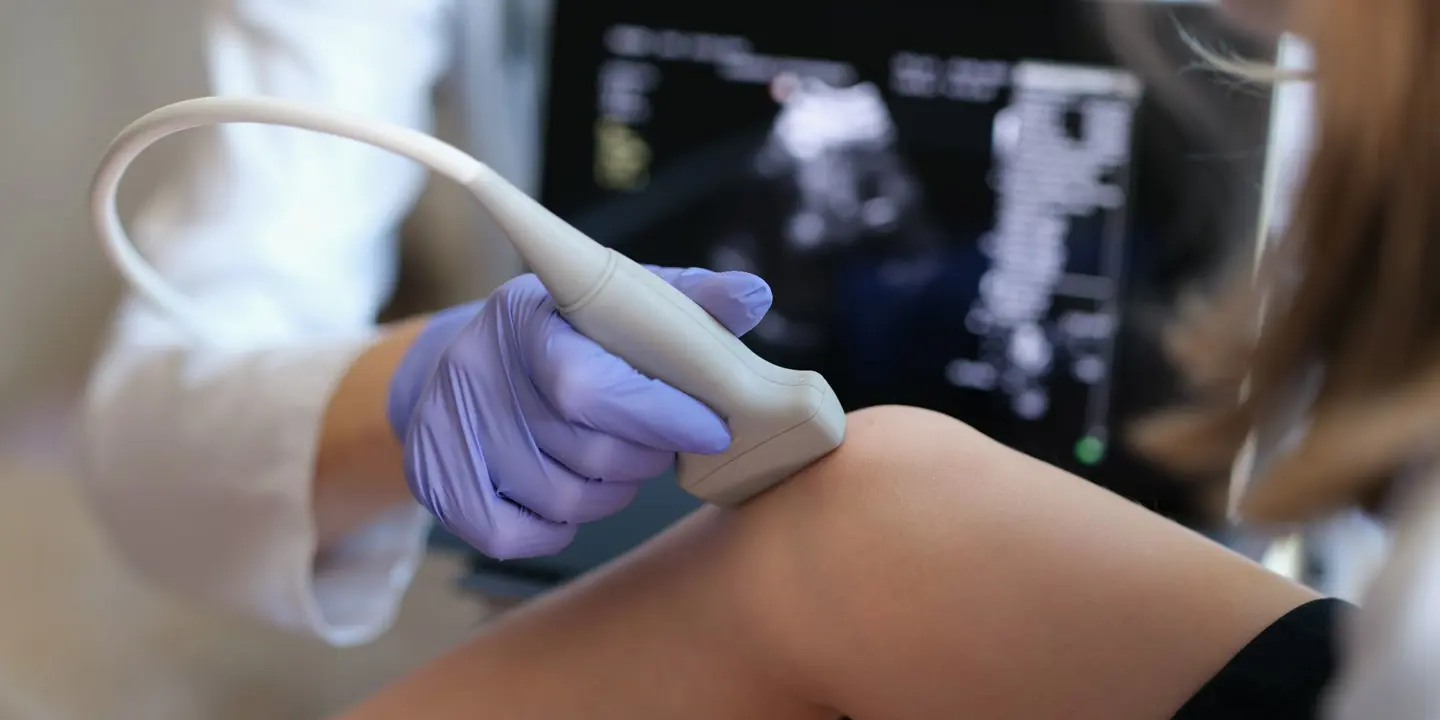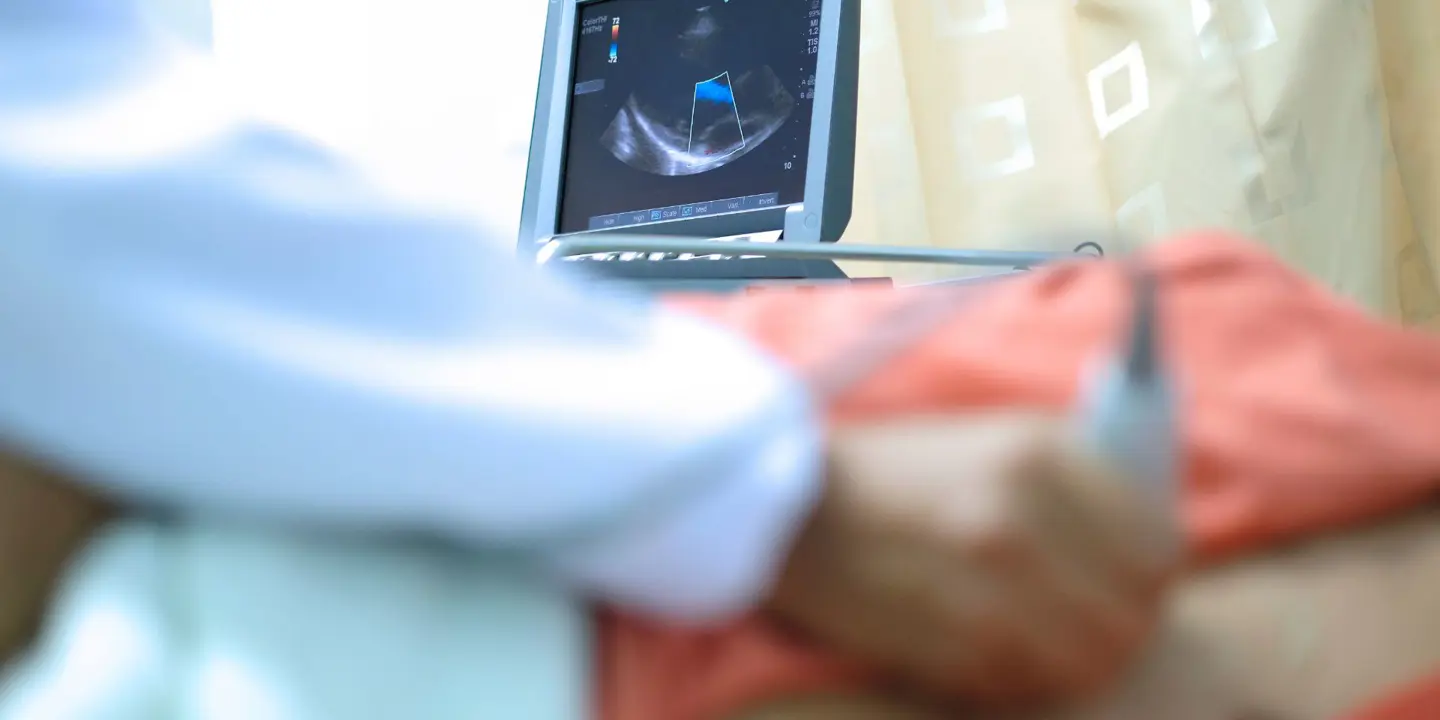Since the first Magnetic Resonance Imaging (MRI) exam in 1977, this diagnostic device has helped medical professionals detect and prevent health anomalies. Its widespread success has allowed the term to infiltrate regular language.
It’s uncommon to find someone who isn’t familiar with an MRI. However, there are some common myths that have developed around the MRI and the specific process of how it works.
What are these myths and do some of them have any bearing on the truth?
Myth # 1: An MRI is the same wherever you find it
With the improvement in technology over the decades, MRI scanners have evolved to improve detection capabilities and patient experience.
For instance, an upright MRI, whether in London or elsewhere in the country, has impressive imaging capabilities that detect issues which are only visible when patients are in an upright and weight-bearing position. This MRI also accommodates the concerns of claustrophobic patients or others who are unable to lie down comfortably.
Myth # 2: MRI contrasting agents are bad for the kidneys
Not necessarily. This is only true in very few cases. A contrasting agent is often injected to aid the operator in coming up with a more accurate diagnosis.
When the contrasting agent is applied to certain patients who already have existing kidney problems prior to the MRI scan, then it could have serious consequences. Otherwise, MRI contrasting agents are safe to use. The attending radiologist will ask you about any kidney problems you might have to ensure safety.
Myth # 3: An MRI will rip apart medical devices inside the body
Not in all cases. While an MRI does make use of powerful magnets which attract metallic devices within its range, a number of medical devices (e.g. orthopaedic joint implants) remain intact during scanning. However, some patients with cardiac pacemakers may be advised not to go through an MRI.
It is standard procedure for the technologist or radiologist to ask a series of questions pertaining to past operations you may have had. This is to ensure that there are no implanted devices that can cause any injury or complications during scans.
Myth # 4: MRIs expose you to radiation
This is not true... MRIs do not produce any form of radiation, unlike X-rays and CT scans. In addition, radiologists are referred to as such because they specialise in diagnosing injuries and diseases using a host of tools that include X-rays, CT scanners and MRI scanners. Though it is given that the name does have frightening connotations.
As mentioned, any potential danger lies either in: injecting contrasting agents to patients that have existing kidney issues or scanning patients that have unusual metal objects within their bodies.
The technology has been around for decades and there have been many innovations and improvements to it. There is no need for alarm, if you are recommended to have an MRI.
Providing reliable MRI scans for you
At Vista Health, we help you become better informed about your health issues through rapid, convenient and affordable diagnostic services. You can find out more about our MRI Scans here.
Call our dedicated and friendly Patient Care team directly on 0371 454 3529 or complete our enquiry form and we will then contact you via your preferred method.



